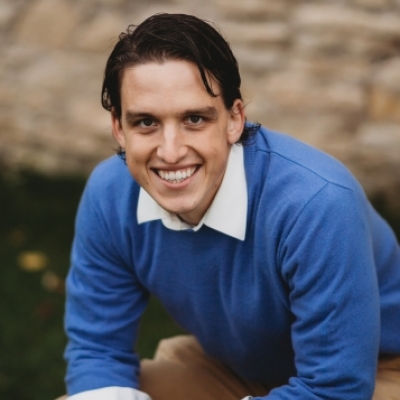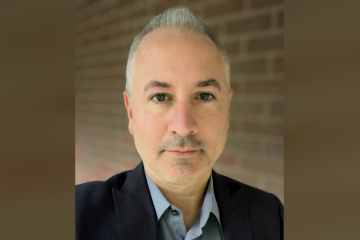I student-taught during the Republican primary of 2016. One afternoon, I watched my mentor teacher, an avowed socialist, berate a student during class for daring to express support for Donald Trump. After the election, many of my colleagues breathed nihilistic tirades to their charges about the hopelessness of our country. One stood sentinel in the hall every passing period wearing a red shirt with a raised fist of solidarity. All this in a purple school district.
So forgive me if I am skeptical that our teaching force is capable of covering the election without bias and with equal respect to all sides of the arguments. Given that the 1619 Project and Howard Zinn Education Project are popular online resources to which history teachers turn, the promise that schools will cover “just the facts” seems unlikely.
Almost a decade into my education career, I cannot fathom a reason that any teacher should cover the election in their classes.
Considering this argument first in a microcosm—the individual tutor and student—will bring clarity to the interests and ethics involved. Tutors receive payment to teach specific topics, ranging from academic content such as math and English to extracurriculars such as dance or piano. It would be an obvious breach of contract for tutors to stray from their hired purpose to instead cover unapproved content. Math tutors would waste their patrons’ money were they to spend their hours discussing the finer points of Tolkien’s mythology.
In the case of classroom teachers, they too are hired to teach specific content, only their patrons are society itself and their charges are a collection of students. They fill a clear, prescribed role: to teach math, American history, or whatever other course to the students in their class. A teacher of ninth grade English has no more business discussing politics than a chef at a high-end Italian restaurant has preparing lutefisk for a diner who ordered pappardelle.
There are, of course, times teachers can and should stray into controversial topics. I’m a literature teacher by trade. “To Kill a Mockingbird,” “Romeo and Juliet,” “Narrative of the Life of Frederick Douglass”—these books all touch on sensitive issues. When I taught them, I never shied away from the controversies. But parents knew the content we’d cover. I often argued for positions with which I myself disagreed to challenge my students’ thinking. And the students encountered such topics in the context of history and literature, not contemporary issues. There are clear policies that school boards can enact to make sure such topics are handled prudently in the classroom.
As American Enterprise Institute Senior Fellow Robert Pondiscio never tires of pointing out, it is school boards, not teachers or administrators, who determine the content a school is to teach. As such, teachers are “hired speech.” Within school walls, they are speaking in a professional capacity and cannot spout off on price controls or whatever cause most recently grabbed the attention of their corner of Twitter.
There is a distinct, circumscribed condition where a teacher can and should cover contemporary issues: if a school board has decided that certain classes should include discussions of current events. If teachers are going to do this, though, it’s imperative that they heed John Stuart Mill’s wisdom: It is not enough that a student “should hear the opinions of adversaries from his own teachers, presented as they state them, and accompanied by what they offer as refutations. He must be able to hear them from persons who actually believe them. He must know them in their most plausible and persuasive form.”
If discussing abortion, for example, teachers should not present pro-life arguments only as strawmen to smack down. Instead, they must present their students with pro-life arguments made by pro-life advocates. A teacher should hand students conservative arguments from National Review, for example, not caricatures of them from the New York Times.
But even so, I believe such a class would be ill-advised. Contrary to popular belief, mountains of cognitive science have determined that there is no abstract skill called “critical thinking.” Discussing contemporary issues will not teach students to “think critically” in some generalized capacity. Rather, our ability to think well about a topic comes from our knowledge on that topic. Even a very intelligent professor of chemistry would provide little to a discussion of bridge mechanics or the minutiae of health care policy because he or she would likely know little about those topics.
Instead, it’s the content of courses themselves that furnish students with the knowledge that they need to thoughtfully consider contemporary issues. A student will be better prepared to discuss an impeachment if she has had read the Constitution and discussed the meaning of “high crimes and misdemeanors” in a civics class or learned of previous impeachments in history. A student will better question the motives of a politician if he has witnessed Macbeth’s violent ambition or Iago’s corrupting whispers.
As with room on a dinner plate, there’s only so much time in a school day. Filling space on the plate with junk food will leave less space for meat and potatoes.
If teachers waste time fretting over dated contemporary controversies that will likely be obscure by the day’s end, that leaves less time for a robust curriculum of history, literature, science, the arts, and other subjects that create thoughtful, wise citizens.
Editor’s note: This was first published by The Hill.




